WIESBADEN, Germany - When 1st Armored Division Soldiers deploy to Iraq early next year, one of their missions will be to help ensure equipment and other items are properly prepared and ready for shipment to meet current agreements calling for U.S. combat forces to leave the country by the end of 2011.
To help gear up for that mission and to enhance the skills of all Soldiers involved in customs searches throughout Central Command, 1st AD hosted a two-day training session including Military Police, European Command and Homeland Security customs subject matter experts. The goal was to ensure items heading back to Europe and the United States are free of potential pests and diseases, dangerous weapons, drugs and anything else that might pose a threat once inside U.S. borders.
"What this does is give commanders customs capability built into their units ... to assist in the Iraq drawdown," said Sgt. Maj. Walter Richards, 1st AD's provost sergeant major. "They say 463 loads of equipment per day must be removed to meet our timetable. It's a huge logistical task."
Richards explained that Soldiers came from five different communities and 12 different units - most from the 18th MP Brigade and four from 1st Armored Division - to take part in the training. "They have to go through this specialized training in order to go back to their units and do the inspections," he said, explaining that their customs know-how will assist in future missions in Iraq, Afghanistan, Kuwait and wherever U.S. units deploy. "I hope they leave with a better understanding of what to look for and how to conduct a proper customs search."
"This is the first time for this kind of training," said Sgt. JonPaul Conover, noncommissioned officer in charge of the Customs Cell of 1st AD's Provost Marshal. "It took a couple of months of planning and cross talk with members of units downrange. It's intended to help with the units clearing out of country - help them understand how it's done and to help expedite the process."
Training included classroom work and hands-on searches overseen by Homeland Security and EUCOM Customs experts.
"Homeland Security is trying to do as much as it can to help our Soldiers and protect our borders," said Fred Ramos, program manager for Customs and Border Protection, Homeland Security. "Our office trains about 1,500 military personnel a year. There are several sites where we provide training before they are deployed, and we also do site inspections."
Ramos said his agency oversees three programs including training representatives of other governments such as Iraq on how to do border searches; working overseas in pre-clearance areas such as Iraq, Kuwait, Afghanistan and Qatar to facilitate military coming back to the United States; and customs military inspections.
"We're training the troops how to look and search - the most obvious places," Ramos said, adding that the training is meant to fine-tune their search capabilities. "We don't expect to find drugs in personal items, but we know that terrorists may try to hide drugs in vehicles. One way al-Qaida is raising money is through smuggling drugs out of countries like Afghanistan."
Another thing customs personnel look for is illegal weapons and munitions from leaving a combat zone. "I'd rather find a live grenade there than back in the United States," said Ramos, emphasizing the importance of ensuring safe shipments.
Master Sgt. Tim Sellman, NCOIC of the Customs Executive Agency for U.S. Army Europe and the European Command, said that while training is conducted quarterly in USAREUR, the two-day Wiesbaden workshop was unique in that it brought subject matter experts from Homeland Security and other agencies together in preparation for 1st AD and other 18th MP Brigade units' deployment into the Central Command area of operations. "It's very important that the leadership here has these folks trained up - it's very well thought out and a smart thing to do."
After honing their skills in the classroom, the MPs headed into Wiesbaden's Tony Bass Fitness Center and the 501st MP Company motor pool to conduct hands-on searches of personal gear and military vehicles. While the subject matter experts observed and gave tips, the customs MPs carefully examined the interiors and exteriors of duffle bags, vehicles and anything else Soldiers might need to transport back out of a combat zone. Before the exercise began trainers had planted various "illegal" items in and on personal property and vehicles.
As MPs concluded a search of one Soldier's personal gear, after having discovered several of the planted items, Ramos pointed out that they had failed to find contraband hidden in the bottom of a bottle of talcum powder. Using a piece of coat hangar, he demonstrated how to measure the depth of the vessel from the outside and then to check that against the contents.
"What we're teaching here is for them to pay attention to how things are normally supposed to look," said Dean Lane, customs operations officer with USAREUR's Customs Executive Agency, as he guided MPs through a methodical, thorough search of several military vehicles.
"It's pretty helpful training," said Pvt. 2 Jake Guillereault, 501st MP Company. "I've looked at things a different way as far as searching is concerned. They've taught us different ways to look."
"You never know everything," added Ramos, explaining that even after several decades in the business, there is also something new to discover.
"If equipment isn't cleaned and checked properly some kind of weed or insect could get back to the U.S. and devastate the economy," said Richards, pointing out that MP customs Soldiers must be constantly aware of the different ways pests, diseases, drugs and illegal items are brought into the country.
"It's only up to the imagination of the individual who's trying to smuggle something back," he concluded.
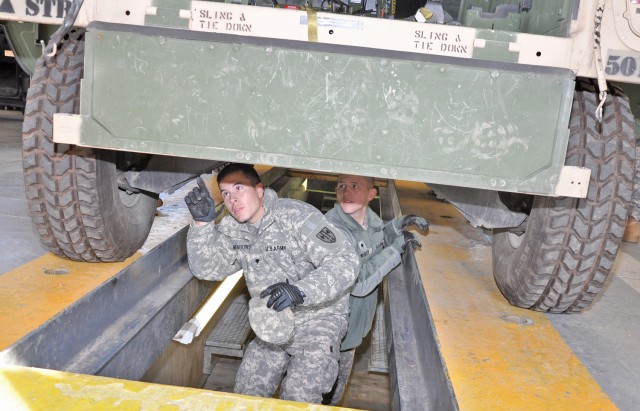
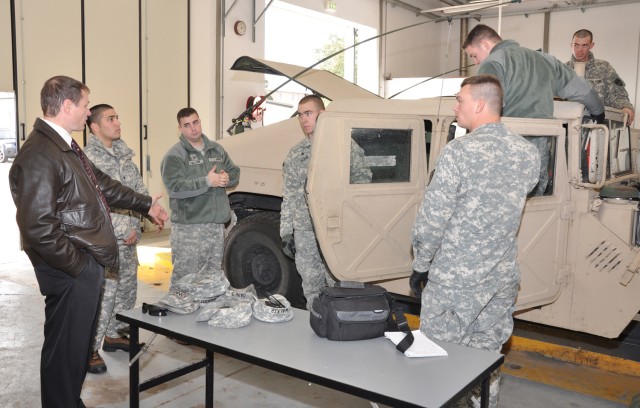
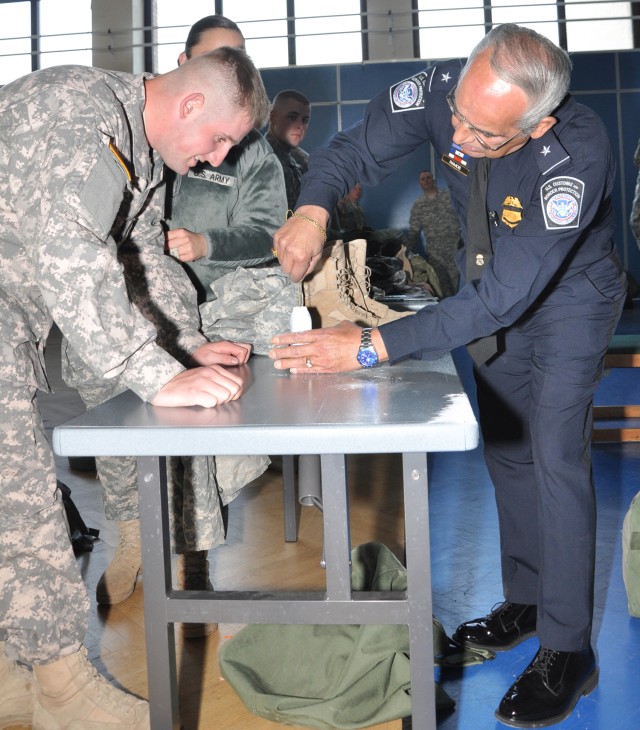
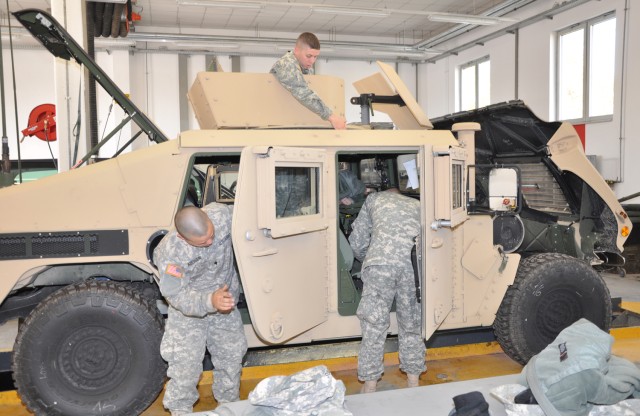
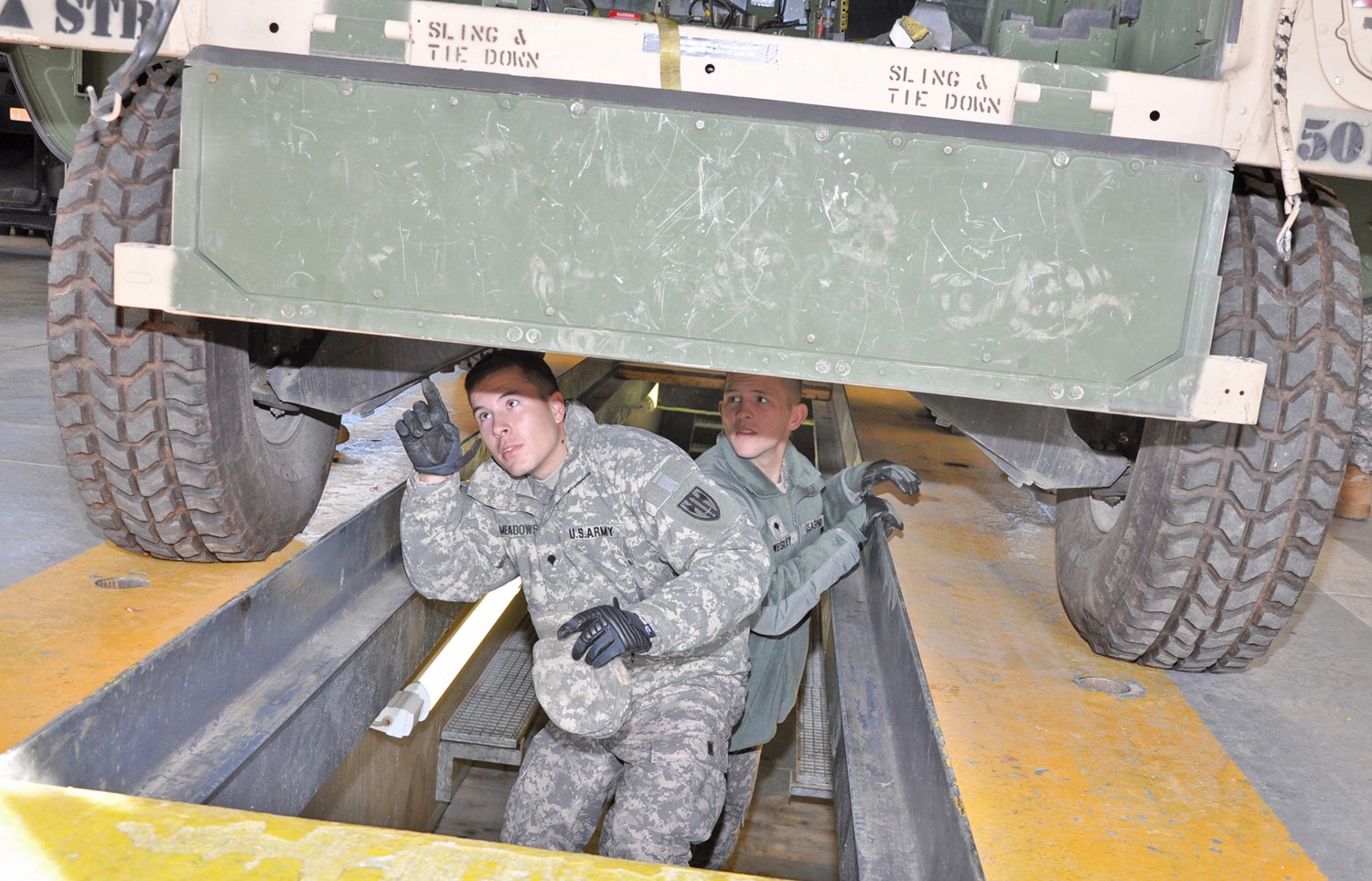
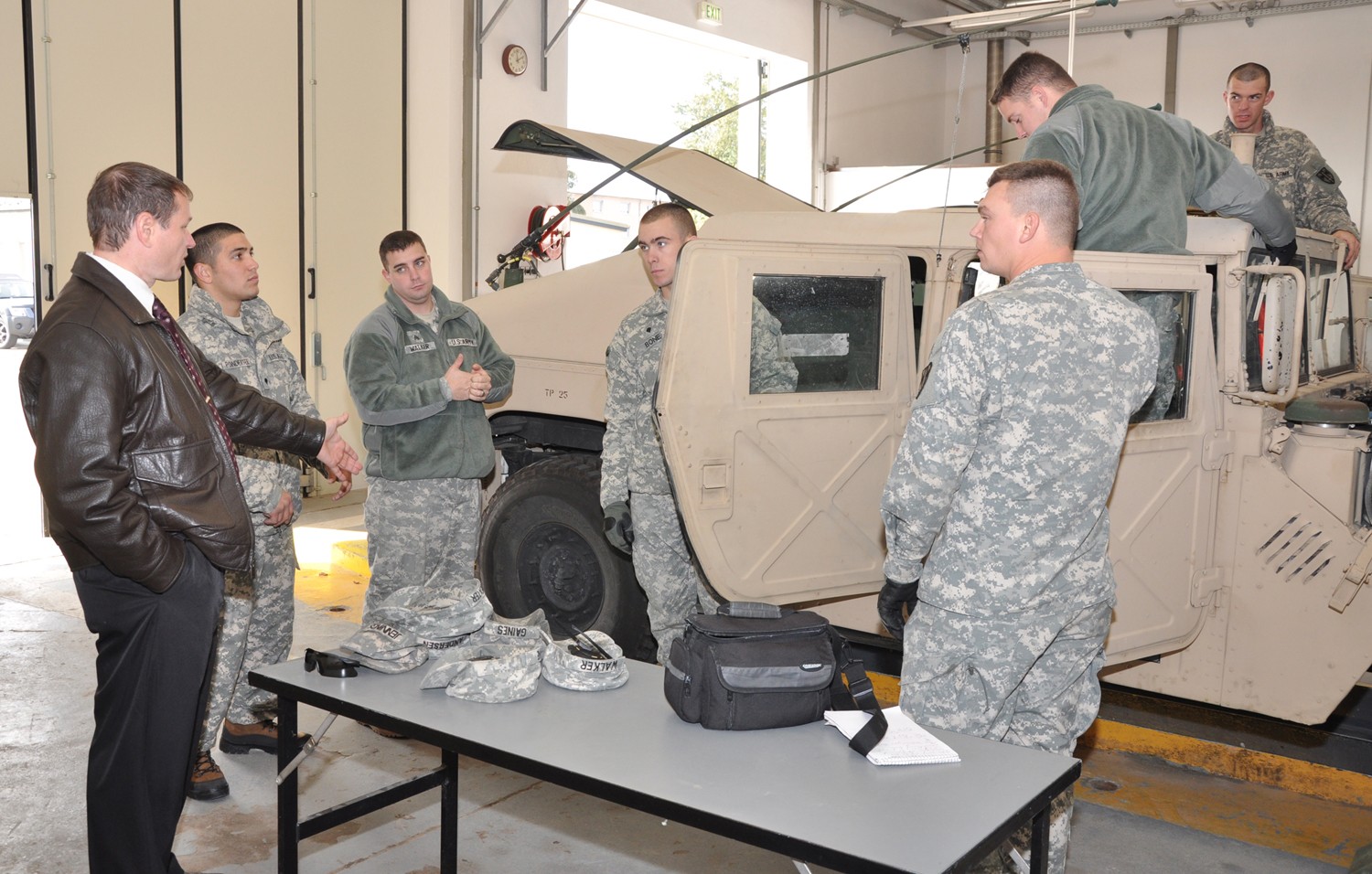
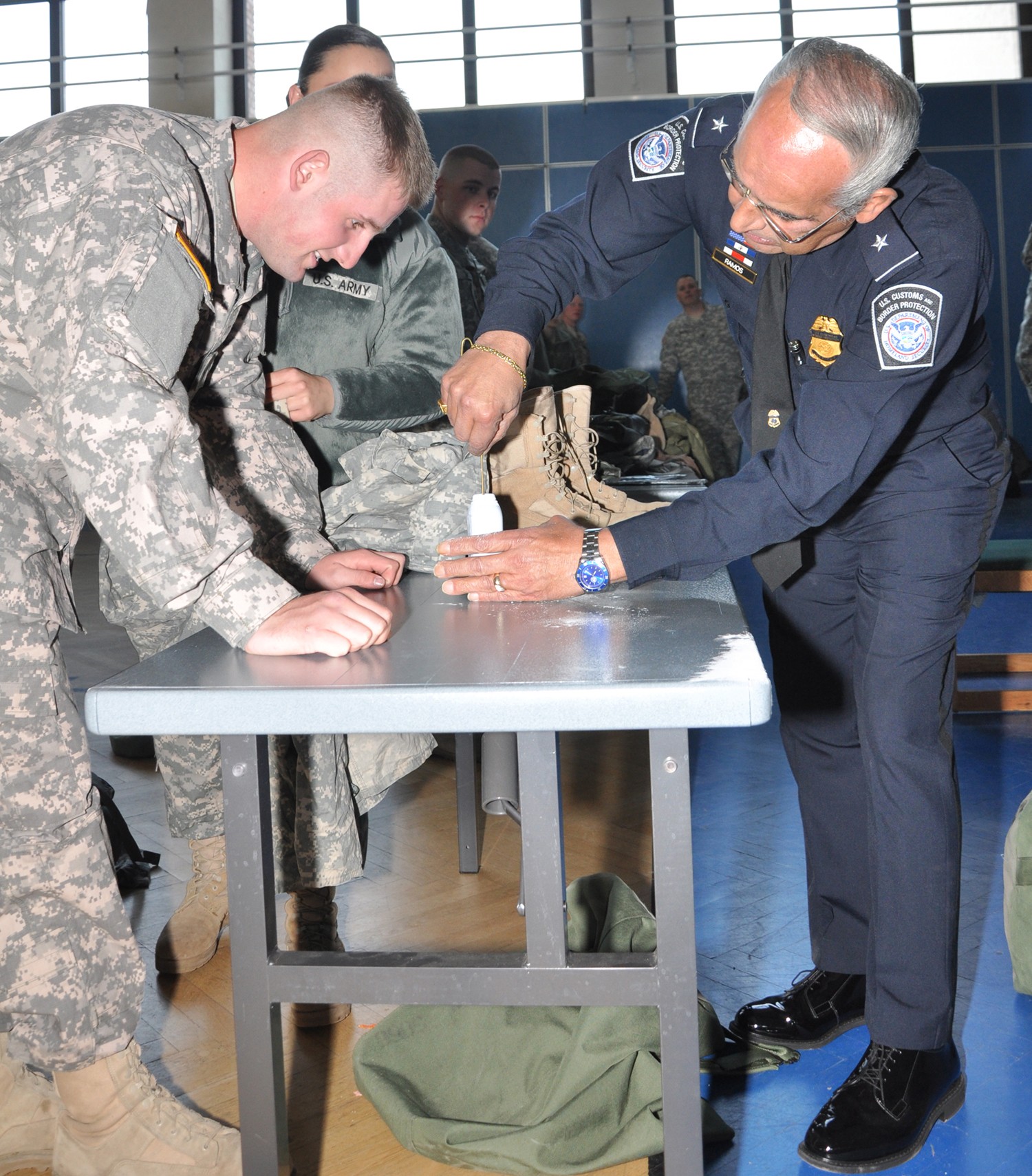
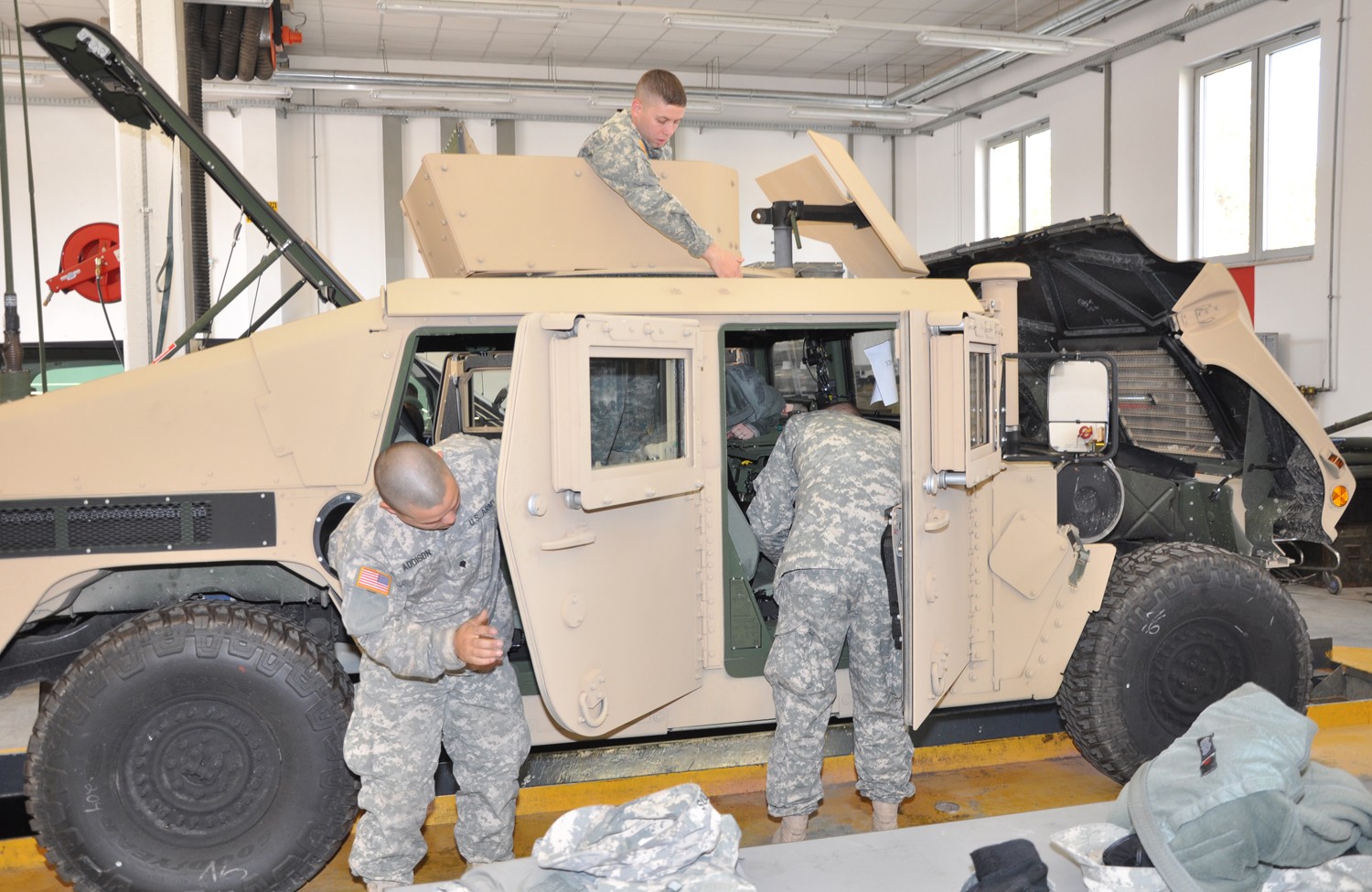
Social Sharing